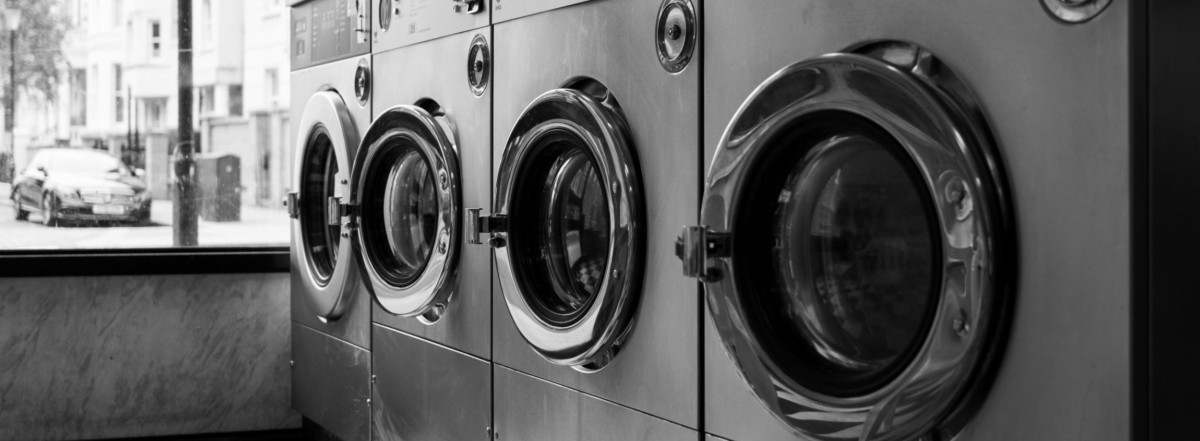Transparency International urges EU Member States not to bow to pressure from named countries to reject the EU’s first independent anti-money laundering blacklist when they meet in Brussels this Thursday.
The list of 23 blacklisted jurisdictions published by the European Commission on 13 February is an important step in making sure that the proceeds from corruption around the world do not find a safe haven in European accounts. Yesterday’s revelations of an $4.6 billion money-laundering operation involving European banks and shell companies in Panama and elsewhere is further evidence – following recent scandals in Denmark, Malta, Estonia and Latvia – of the need for greater efforts by EU institutions to stem the flow of dirty money.
“It is good news that the European Commission is using its initiative and independence to create a blacklist of countries based on effectiveness criteria – including the level of financial secrecy. This has led to some welcome additions to existing blacklists such as Panama, Saudi Arabia and U.S. offshore centres”, said Laure Brillaud, Senior Policy Officer at Transparency International EU. “It is regrettable that Member States are set on blunting this tool before it can even be used”.
It has been widely reported that Member States will almost unanimously reject the draft list drawn up by the European Commission, which includes Saudi Arabia and four US jurisdictions – Guam, Puerto Rico, US Virgin Islands and Samoa. The Commission was asked by Member States to compile the list following reforms to EU anti-money laundering laws in early 2018. The list is based on a number of objective criteria, and takes account of the effectiveness of countries’ efforts to prevent money laundering as well as the level of threat to which the country is exposed, not only the laws and regulations on paper.
EU Member States have previously objected to a tax havens blacklist drawn up by the European Commission based on objective criteria, and took that process into their own hands. The new tax havens blacklist published by the Council in December 2017 was widely criticised due to the lack of transparency in the process, political horse-trading, and the exclusion of notable tax havens such as Bermuda, the British Virgin Islands or the Cayman Islands.



